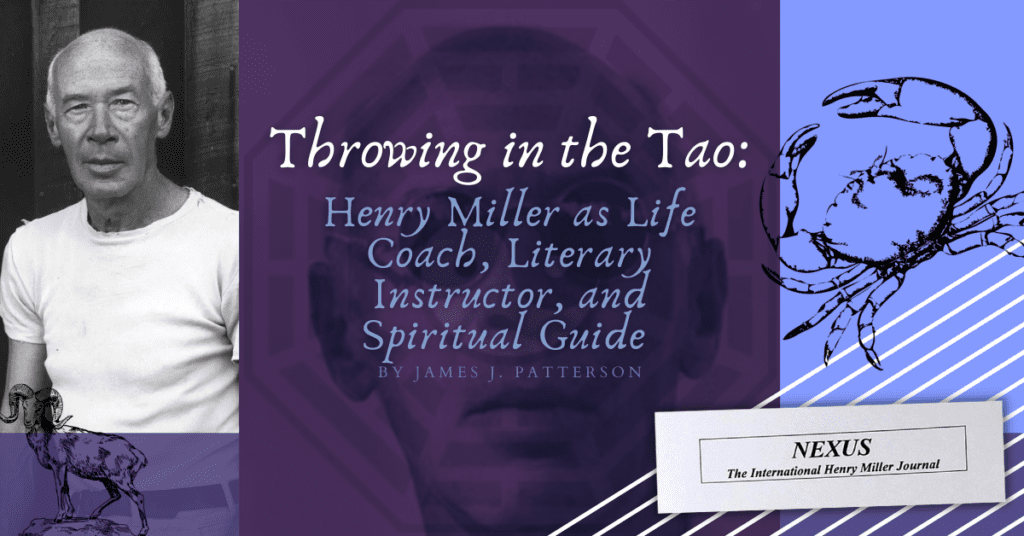Elizabeth Hazen Shares Her Tsundoku (Poetry books to Read)
In a new blog post, Elizabeth Hazen shares her tsundoku. Tsundoku is a Japanese word meaning "Acquiring reading materials but letting them pile up in one's home without reading them."

For Christmas, which seems like three lifetimes ago, my parents gave my husband a book of interesting words from around the world*. An engineer who has a soft spot for spoonerisms, puns, and wordplay in every form, he found instant delight in this book. Did you know that Germans have a word for the weight we gain from stress-eating? Kummerspeck. Or that the Scots have a word for that awkward pause when you’ve forgotten the name of the person you’re introducing? Tartle. Among my favorites are the whimsical Swedish smultronställe, a place of wild strawberries; the romantic Italian dormiveglia, the space between sleeping and waking; and the essential Japanese tsundoku, that pile of unread books on my bedside table that grows with each passing month.
Needless to say, I took that book of words from my husband, adding one more to my stack...
Throwing in the Tao; James J. Patterson’s New Essay Appears in Henry Miller Journal
The full title of James J. Patterson’s new essay which appears in Nexus: The International Henry Miller Journal is “Throwing in the Tao: Henry Miller as Life Coach, Literary Instructor, and Spiritual Guide”
Joseph Ross Reviews “let the dead in”
Poet and critic, Joseph Ross, tackles the wrinkles and crevasses of Saida Agostini’s maverick debut poetry collection, let the dead in.
Saida Agostini Publishes Poem in Perugia
Saida Agostini’s “An Incomplete Legend on Love” first appears in her debut poetry collection let the dead in. Perugia Press, who is doing a feature on exceptional, emerging BIWOC poets and artists, have republished “An Incomplete Legend on Love” on their website, featuring a bio of Agostini and information on let the dead in.


